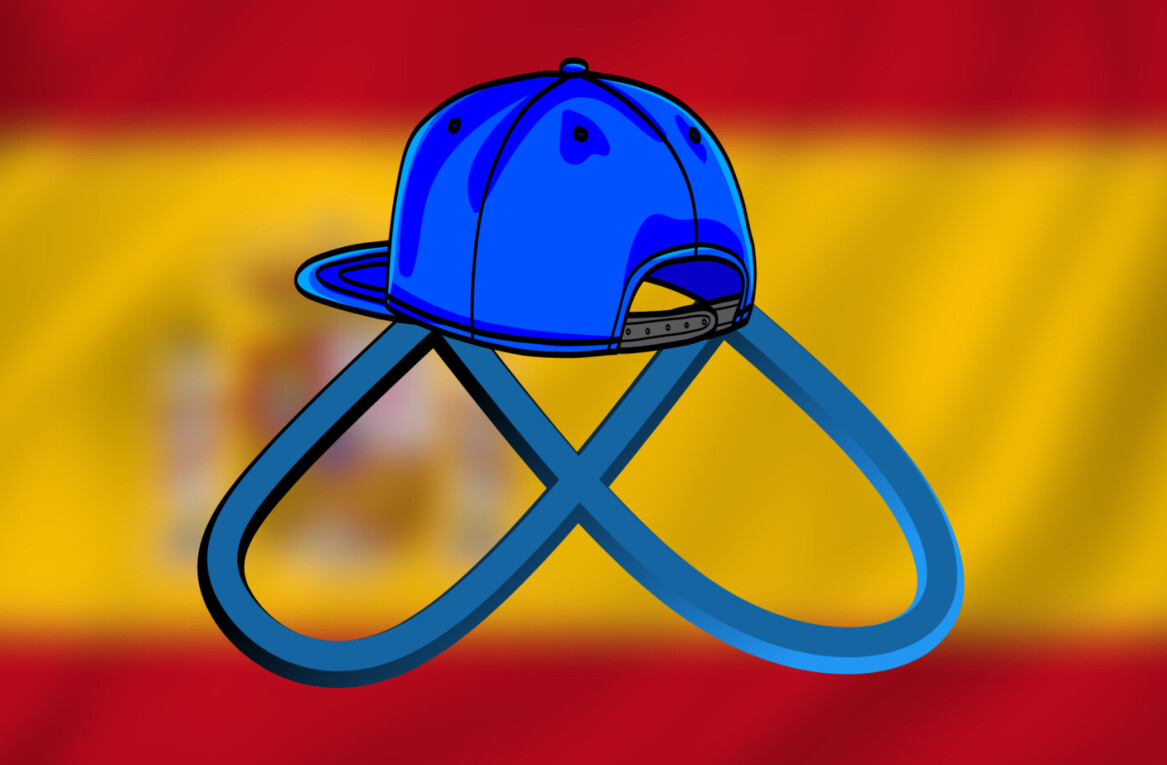
Using all the tools at their disposal, activists in the Middle East have become as creative as they are daring in ensuring that their story is heard. In August this year, Egyptian activists used Twitter and Facebook as a means to not just organize a protest, but they decided to take the protest itself online.
The organization No Military Trials for Civilians, which was behind the previous protest, is once again using social media as a means of making their fight a global one. They have announced a second online protest taking place on Facebook tomorrow, as a part of their continued effort to bring to spread awareness about their cause.
In addition to the Facebook protest, the No Military Trials organization has also posted a call for international solidarity addressed to the Occupy Movement.
If you’re wondering what an online protest entails exactly, in this case, the organizers are calling on people to visit the pages of Egypt’s Supreme Council of Armed Forces (SCAF), the official page of the country’s military leaders, as well as visiting the official Facebook pages of international media outlets – specifically CNN and the BBC – at a specific time and date.
Following the success of the protest on Facebook, which saw more than 7,000 comments left on SCAF’s Facebook page, activists from the organization, No Military Trials, are repeating the process.
No Military Trials is an organization that banded together after the fall of former Egyptian president Hosny Mubarak, as the number of Egyptian civilians tried in military courts grew at an alarming rate. The last statistic released by human rights organizations in August put the estimated number at a staggering 12,000 trials since February.
The protest which will take place tomorrow for a period of one hour, has been divided into two parts – the first half hour will be spent leaving comments on SCAF’s Facebook page, while the second half hour will be spent leaving comments on CNN and BBC’s Facebook pages. Details of the exact times, and examples of the types of comments activists will be leaving on these pages, are available on the Facebook event page.
The event description reads:
As the global revolution has indicated, our governments have been collectively and cooperatively enslaving us. Accordingly, since we share the same plight – our actions also need to be collective. Human rights should recognize no borders, and abuses of power are being seen wherever honest and brave people have decided to take a stand against injustice. It is by standing together that we demonstrate that we are not disjointed and isolated pockets of resistance. In speaking to each other and for each other we recognize that our goals are one and that we seek local justice for ourselves as well as global justice for all.
The Next Web contacted Shahira Abouellail , the organizer of the event and a founding member of the No Military Trials organization, who explained why she is taking the fight online once again:
We decided to organize an online protest due to the fact that we would like to see international participation during this event so having it online would be ideal for that. It also serves to create a very important atmosphere of global partnership against injustice.
In the previous online protest, Twitter had played a significant part in getting the word out and spreading awareness, but this time the protest is limited to Facebook. Shahira explained the thought process behind this decision, saying:
The protest is limited to Facebook because that is the best way to reach SCAF. They do not have a website where we can voice our demands. Also, on Facebook, people will be able to see the consensus against military trials. This is only one of the opposition tools we use.
The No Military Trials organization does not limit its activism to Facebook, as Shahira explains:
We also have many activities that are not limited to Facebook such as sending letters and telegraphs and that’s of course not mentioning the physical demonstrations, marches, appearances on television, newspapers, legal action and so on.
So how successful do they think the protest is going to be? Shahira says:
I think this is an effective way to pressure SCAF because we know they check their Facebook comments. If the there is a good turnout, they will not be able to ignore the fact that people do not approve of these tribunals. Also, we want to be everywhere. So, not only do they see us in front of their ministry, but also online, in the media on television and so on. If we can come out of their taps, we would. We want to make things very uncomfortable for them and not make it easy for them to ignore our demands so we’re tapping every conduit we can.
The No Military Trials organization has spearheaded the campaigns demanding the release of thousands of Egyptian activists, including two bloggers, Maikel Nabil, sentenced to three years in prison for a blog post, and Alaa Abdel Fattah, who has been sentenced to 15 days in prison, pending investigation on charges of inciting violence.
Get the TNW newsletter
Get the most important tech news in your inbox each week.





